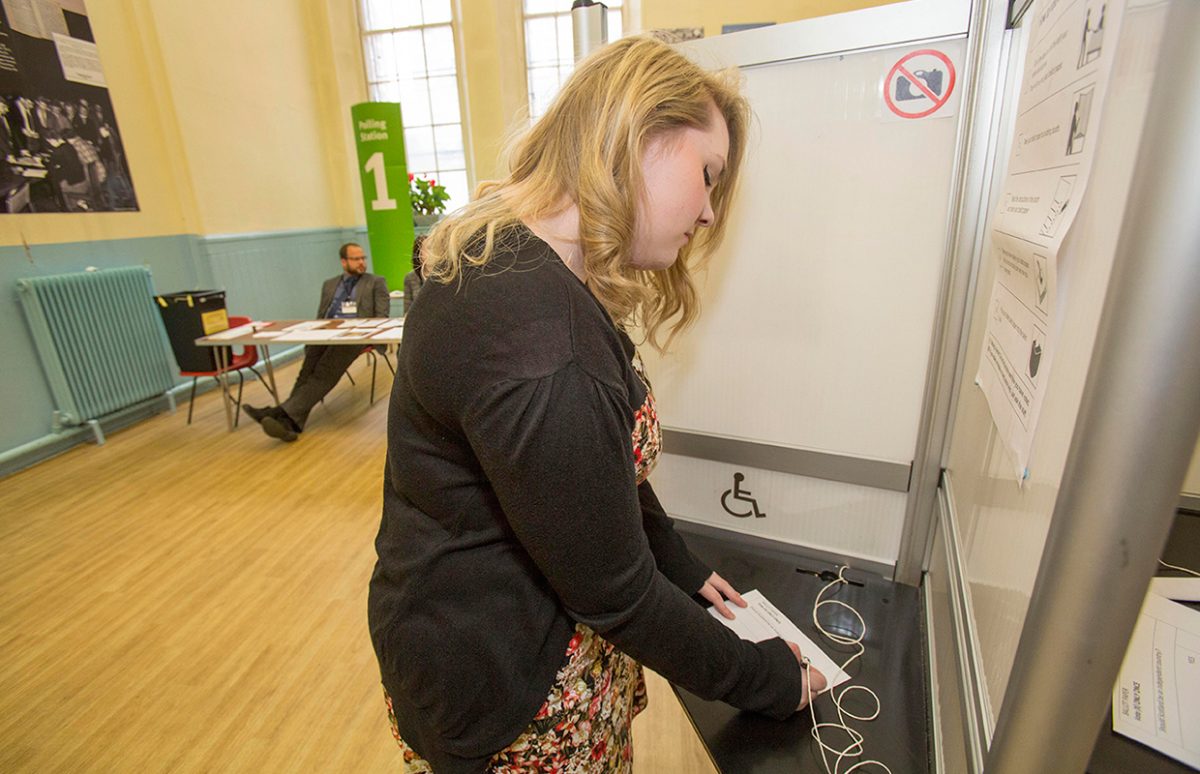Ever since the surprise result of the June 8 General Election, figures have been flying round traditional and social media claiming that the swing away from the Conservatives to Labour was caused by young voters "taking their revenge" for the Brexit referendum. It's a good story. But is it true?
After the Brexit referendum, there were also lots of figures bandied about about the youth vote: it was widely quoted that only 36% of 18-to-24-year-olds turned out to vote. Those who did vote were believed to be much more in support of staying in the EU, in contrast to the oldest voters, who were majoritarily in favour of leaving. And the moral of the story seemed to be that the apathetic young had forfeited their right to choose, and left the decision up to their elders.
Except that a couple of weeks after the referendum, new figures appeared saying that the turnout amongst 18-to-24-year-olds was in fact 64%.
What's the Truth?
Which figure is correct? Unfortunately there is no clearcut answer, although one is simply wrong. The 36% figure was actually from one year before the referendum, for the 2015 General Election. It was the percentage of people asked who said they ALWAYS voted.
In terms of turnout, the Electoral Commission, the official body which administers elections, only records overall turnout, it doesn't break it down by age.
And when it comes to how people actually voted, of course there is no official data. Elections in the UK, as in most other democracies, are secret ballots. There is no record of how an individual voted.
The figures that are quoted are in fact polls, carried out by polling companies like Ipsos Mori or YouGov. The same polling companies who have seemed to get just about everything wrong in electoral predictions for the last three years.
Asking someone how they actually voted rather than how they are going to vote is probably more reliable than pre-election polling. They can still choose to lie of course. And much depends on the size of the sample you poll, and the representivity of it. The 64% turnout calculation in the EU referendum, for example, was based on an Opinium survey of 2,002 people. Not enormous. But this survey found an overall turnout of 71.8%, very close to the official figure of 72.2%
Reality Check
The BBC has a news department called Reality Check specifically set up to debunk fake news. They have looked into the quoted statistics for youth turnout and youth voting for the 2017 election.
Immediately after the election, the figure of 72% youth turnout was all over social media. But it didn't seem to be based on anything. The implication was that those young people had massively voted Labour, and that had changed the election result.
Looking at the only neutral statistics – turnout in different constituencies, the swing to Labour (or the Conservatives) in those constituencies, and the numbers of young people resident there, Reality Check concluded that, "The 10 constituencies with the highest proportions of 18 to 24-year-olds posted increases in the Labour vote of more than 14%."
However, "If you look at the 35 Labour gains, only 15 of them had more 18-to-24-year-olds than average." Not so clear then.
Five days after the election, polling company YouGov released the results of an online post-election survey of 50,000 people. They found that, "Young people are still noticeably less likely to vote than older people. While 57% of 18 and 19 year-olds voted last week, for those aged 70+ the figure was 84%." Overall turnout was 68.7%.
YouGov also asked the 50,000 people how they voted – their results show a strong bias towards Labour the younger the voters are, and a corresponding bias towards the Conservatives the older voters are.
Are those figures real? They are what the people polled said. And that may be the closest to the truth that we can get. Youth quake or business as usual — it all depends how you read the figures.
Copyright(s) :
Electoral Commission
YouGov
Tag(s) : "citizenship" "elections" "EMI" "fake news" "Give Me Five 3e" "parcours du citoyen" "politics" "polls" "statistics" "UK"





